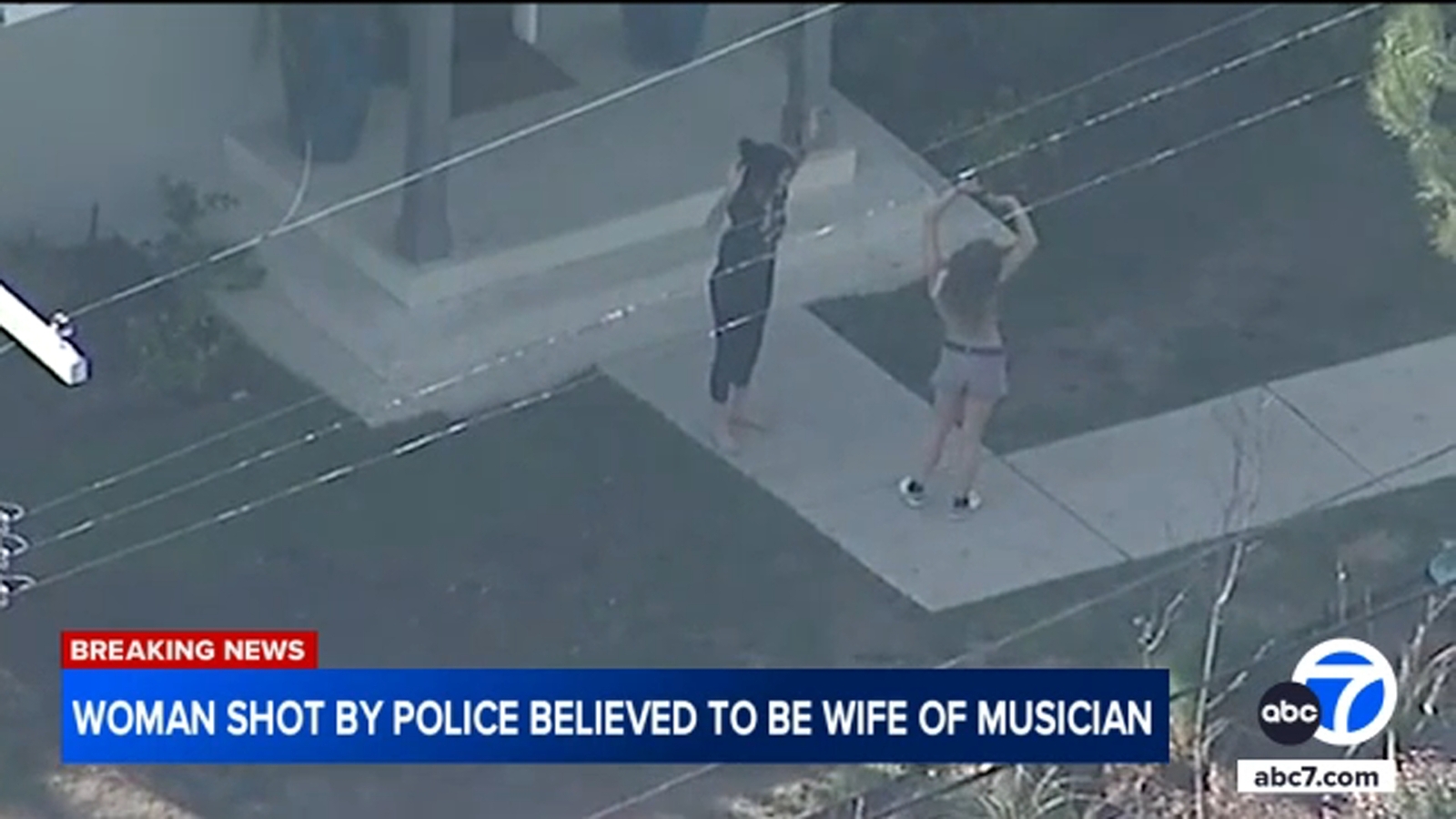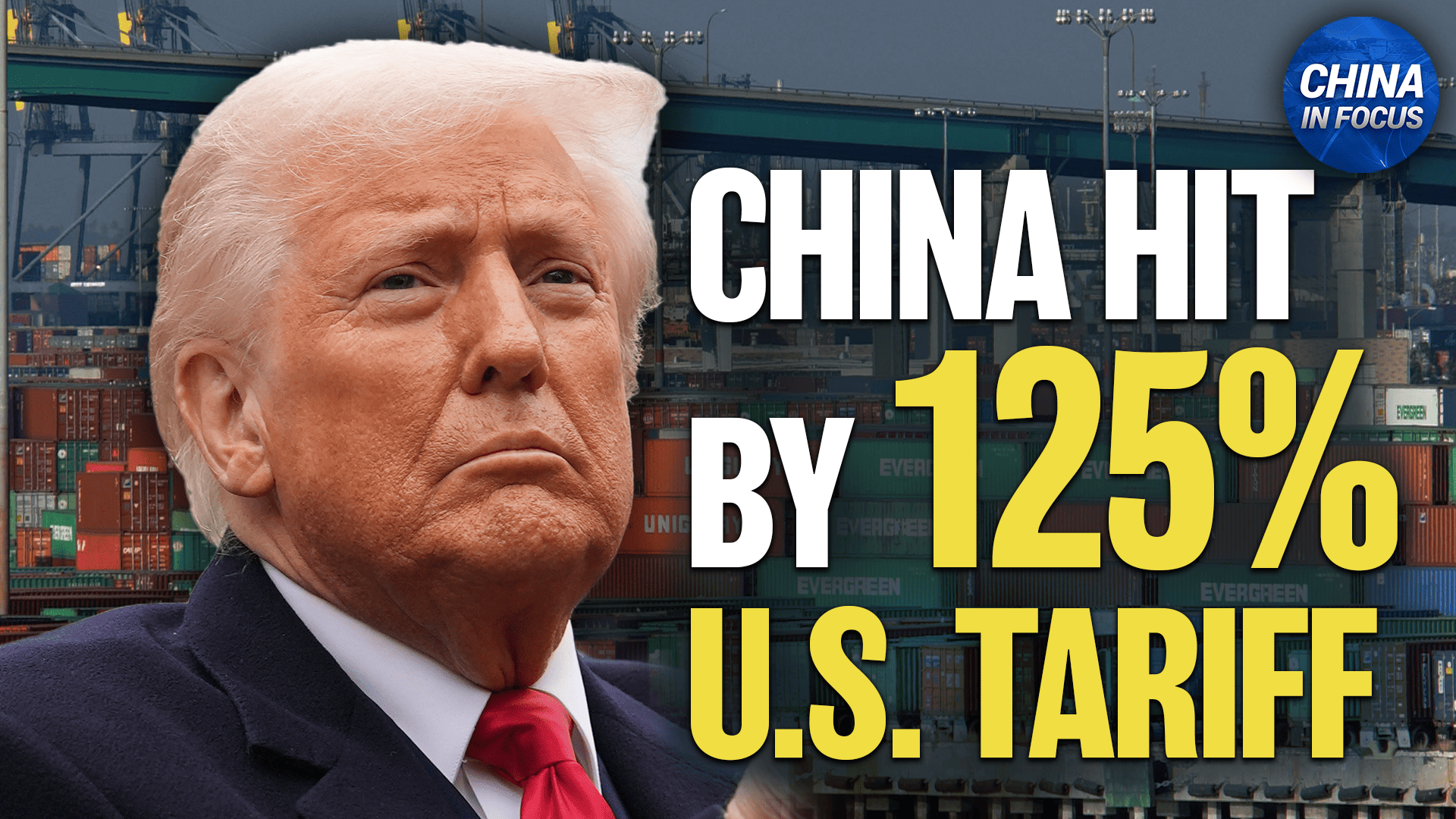News Ghana, Latest Updates and Breaking News of Ghana, Roger A. Agana, https://newsghana.com.
gh/lesotho-dam-project-sparks-backlash-as-communities-demand-justice-amid-broken-promises/The Lesotho Highlands Water Project (LHWP) Phase II, a $2.4 billion infrastructure venture designed to funnel water to South Africa and generate hydropower for Lesotho, has become emblematic of the collision between grand development ambitions and grassroots suffering.While engineers celebrate technical milestones, communities in Lesotho’s Mokhotlong District recount a litany of grievances: cracked homes from quarry blasting, rivers choked by construction waste, and compensation promises that evaporated like the dust polluting their air.

“They said this project would lift us. Instead, it buried us,” says a farmer from Tloharebue, where villagers lost land without compensation. In many communities already affected by the ongoing project work and advanced infrastructure work of the project, many families were told to open bank accounts for compensation of household assets that has not arrived to date, while others received payouts so meager that withdrawing the money cost more than the amount itself.
The Lesotho Highlands Development Authority (LHDA), tasked with managing the project, faces blistering criticism for withholding critical documents like its Livelihood Restoration Plan—a move advocates call a deliberate strategy to sideline dissent.The environmental toll is visceral. Blasting near Tsekong and Sekokong has left homes uninhabitable and continued to expose villagers to danger, while the Makhoaba River, once a lifeline for Ha-Maotoana’s farmers, now runs thick with sediment from construction waste.
Crop yields have plummeted, and respiratory illnesses linked to quarry dust are rampant. “Our children cough through the night, and our fields yield stones instead of food,” says a village elder. The LHDA attributes these issues to “contractor mismanagement,” but offers no timeline for remediation.
Women bear disproportionate harm. With subsistence farming decimated, many face economic desperation, while an influx of transient workers has spiked gender-based violence. In Ha-Ramonakalali, girls as young as 14 report exploitation by construction crews, leading to school dropouts and pregnancies.
Widows in Ha-Tlhakola, stripped of livestock and land, describe being “invisible” to project authorities. The absence of a gender policy—a glaring omission for a project funded by institutions like the African Development Bank (AfDB)—leaves these crises unaddressed.Robi Chacha Mosenda of Accountability Counsel highlights that financiers have Social and Environmental Safeguards designed to prevent harm in projects like the LHWP.
“Funding from institutions like the AfDB, NDB, and DBSA is supposed to be conditional on compliance with these safeguards, ensuring fair compensation, relocation, and environmental protections. Yet, in practice, enforcement is weak, and project implementers like LHDA continue operating without consequence,” he explains. He emphasizes that financiers hold the keys to accountability if they choose to act by ensuring compliance before disbursing funds.
Meanwhile, Lerato Rabatho of Seinoli Legal Centre notes that while legal avenues exist—such as national courts and financiers’ grievance mechanisms—communities often lack the resources to navigate them effectively. “Without stronger international pressure and meaningful enforcement of safeguards, justice moves at a glacier’s pace,” she adds.Communities and advocates demand urgent action: halt blasting until relocations are completed, disclose restitution plans, and establish transparent grievance channels.
But skepticism runs deep. “They call us ‘stakeholders,’ yet treat us as obstacles,” says a Masakong community leader.The LHWP saga reflects a global pattern.
From megadams in the Amazon to coal plants in Southeast Asia, infrastructure touted as “progress” increasingly faces backlash for privileging economic metrics over human dignity. While the LHDA insists the project will deliver long-term benefits, Mokhotlong’s residents offer a stark rebuttal: “Development shouldn’t mean swallowing dust while others drink clean water.”As protests mount, the question lingers—can reparations mend what’s been broken, or is this another cautionary tale of growth at gunpoint? News Ghana, Latest Updates and Breaking News of Ghana, Roger A.
Agana, https://newsghana.com.gh/lesotho-dam-project-sparks-backlash-as-communities-demand-justice-amid-broken-promises/.
Lesotho Dam Project Sparks Backlash as Communities Demand Justice Amid Broken Promises

News Ghana, Latest Updates and Breaking News of Ghana, Roger A. Agana, https://newsghana.com.gh/lesotho-dam-project-sparks-backlash-as-communities-demand-justice-amid-broken-promises/The Lesotho Highlands Water Project (LHWP) Phase II, a $2.4 billion infrastructure venture designed to funnel water to South Africa and generate hydropower for Lesotho, has become emblematic of the collision between grand development ambitions and grassroots suffering. While engineers celebrate technical milestones, communities in Lesotho’s Mokhotlong District recount a litany of grievances: cracked homes [...] News Ghana, Latest Updates and Breaking News of Ghana, Roger A. Agana, https://newsghana.com.gh/lesotho-dam-project-sparks-backlash-as-communities-demand-justice-amid-broken-promises/















